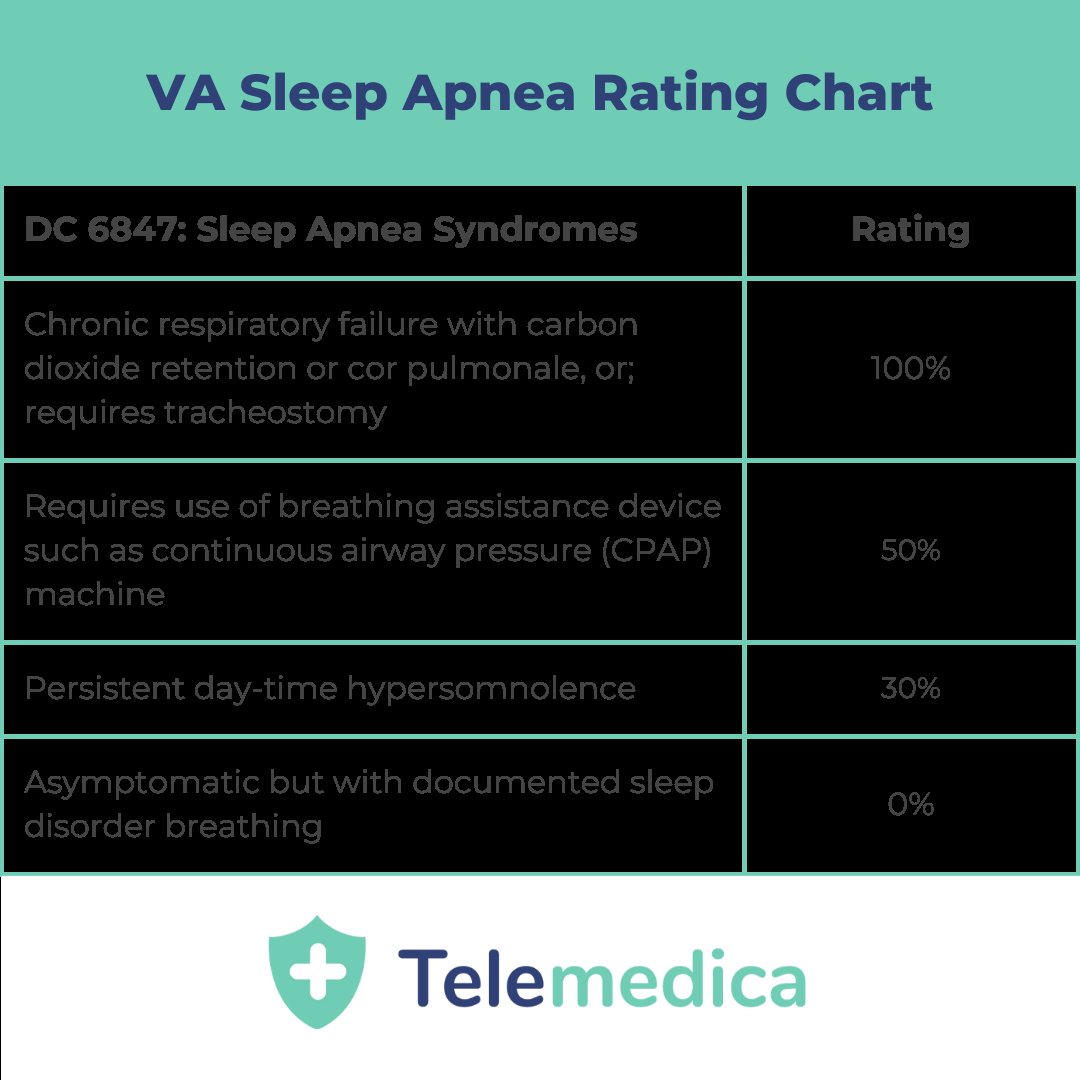To win your sleep apnea VA claim, you need a solid strategy and thorough understanding of the process. Gathering compelling medical evidence is key – from diagnosis to treatment records. Expert opinions and buddy statements can strengthen your case. Knowing how to navigate the VA rating system is vital for a successful outcome. Let’s delve into the essential steps and tips for securing the benefits you deserve.
How to Win Your Sleep Apnea VA Claim
Welcome to our comprehensive guide on how to successfully navigate the process of winning your Sleep Apnea VA claim. If you are a veteran suffering from sleep apnea and looking to file a claim with the Department of Veterans Affairs (VA), this article is tailored just for you. We will walk you through the steps, tips, and important information you need to know to increase your chances of a favorable outcome.
Understanding Sleep Apnea and its Impact
Before delving into the specifics of the VA claim process, let’s first understand what sleep apnea is and how it affects individuals. Sleep apnea is a sleep disorder characterized by pauses in breathing during sleep. These interruptions in breathing can lead to fragmented sleep, daytime fatigue, and other health issues.
Recognizing the Symptoms
Common symptoms of sleep apnea include loud snoring, morning headaches, excessive daytime sleepiness, and irritability. It is crucial to recognize these symptoms and seek medical help if you suspect you may have sleep apnea. A proper diagnosis is the first step towards winning your VA claim.
Evidence and Documentation
When filing a VA claim for sleep apnea, evidence is key. The more documentation you have to support your claim, the better your chances of success. Make sure to gather all relevant medical records, sleep study results, doctor’s notes, and any other supporting documents.
Medical Records
Obtain copies of your medical records that specifically mention your diagnosis of sleep apnea. These records should detail the testing, diagnosis, and treatment you have received for this condition. They provide crucial evidence to support your claim.
Buddy Statements
Buddy statements from friends, family members, or fellow service members can also strengthen your case. These statements should attest to the impact of your sleep apnea on your daily life and activities, especially if they have witnessed your symptoms firsthand.
Seeking Professional Help
While you can file a VA claim on your own, seeking assistance from a qualified professional can significantly improve your chances of success. Organizations such as veterans service organizations (VSOs) or accredited claims agents can provide valuable support and guidance throughout the process.
Working with a VSO
A VSO can help you gather the necessary evidence, complete the required paperwork, and navigate the complexities of the VA system. They have experience in handling VA claims and can advocate on your behalf to ensure your claim is well-supported.
Consulting a Medical Professional
It is also advisable to consult with a medical professional who specializes in sleep disorders. A sleep medicine physician can provide expert opinions and documentation that carry weight in the VA claim evaluation process.
Preparing for Your C&P Exam
As part of the VA claim process, you may be scheduled for a Compensation and Pension (C&P) exam to evaluate your sleep apnea. It is essential to be prepared for this exam to ensure that all relevant information is accurately conveyed.
Be Honest and Open
During the C&P exam, be honest about your symptoms, their impact on your daily life, and any treatments you have undergone. Providing truthful and detailed information will help the examiner assess the severity of your condition.
Bring Supporting Documents
Bring copies of all relevant documents, including medical records, sleep study results, and any buddy statements you have gathered. These documents can provide additional context and support your statements during the exam.
Appealing a Denied Claim
If your initial VA claim for sleep apnea is denied, don’t lose hope. You have the right to appeal the decision and present additional evidence to support your case. Understanding the appeals process is crucial in continuing your pursuit of a favorable outcome.
Requesting a Higher-Level Review
One option for appealing a denied claim is to request a Higher-Level Review, where a more experienced reviewer re-evaluates your case. This process allows for a fresh look at your claim without submitting new evidence.
Filing a Supplemental Claim
Another avenue for appeal is filing a Supplemental Claim with new and relevant evidence to strengthen your case. This could include additional medical records, updated diagnoses, or any other information that supports your claim for sleep apnea.
Winning your Sleep Apnea VA claim can be a challenging but rewarding process. By understanding the intricacies of the VA system, gathering strong evidence, seeking professional help, and being prepared for evaluations, you can increase your chances of a successful outcome. Remember, perseverance and patience are key virtues in navigating the VA claims process. We salute your service and wish you success in your pursuit of the benefits you rightfully deserve.
How to WIN Your Sleep Apnea VA Disability Claim
Frequently Asked Questions
How can I improve my chances of winning a sleep apnea VA claim?
To increase your chances of success in your sleep apnea VA claim, make sure to provide thorough and specific medical evidence supporting your condition. This can include medical records, test results, and statements from healthcare providers detailing the severity and impact of your sleep apnea on your daily life.
Is it important to show a connection between my military service and sleep apnea for the VA claim?
Yes, establishing a clear link between your military service and the development of sleep apnea is crucial for a successful claim. Provide details of any incidents, exposures, or conditions during your service that may have contributed to the onset or aggravation of your sleep apnea.
What role does a medical professional play in supporting my sleep apnea VA claim?
A medical professional’s opinion and documentation are essential in demonstrating the severity and impact of your sleep apnea on your health. Seek assistance from healthcare providers who can provide detailed examinations, diagnoses, and treatment plans related to your sleep apnea to strengthen your claim.
Final Thoughts
To win a Sleep Apnea VA claim, provide strong medical evidence, including a diagnosis and nexus linking it to service. Gather all relevant documents and submit a well-prepared claim with supporting evidence. Seek help from experts if needed for a successful outcome. Remember, thorough documentation and a clear connection to service are key when pursuing a Sleep Apnea VA claim.

